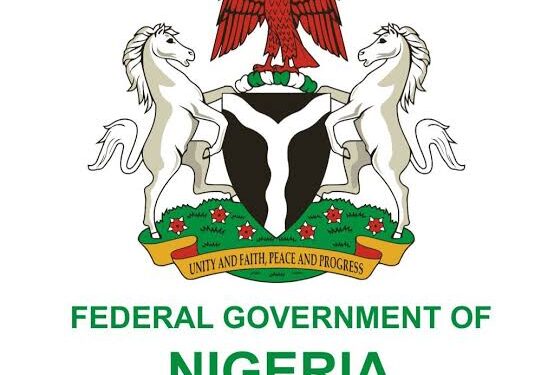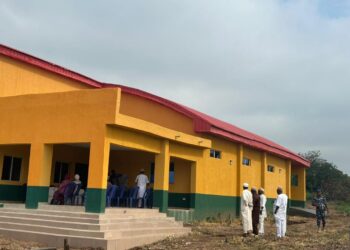By: Dayo Ajala
Democracy Day in Nigeria, observes on June 12 each year, is a momentous occasion that commemorates the nation’s return to civilian rule and honours the legacy of the 1993 presidential election, believed to be the freest and fairest in Nigeria’s history. While the day is symbolic of hope and democratic aspirations, it also presents an opportunity to reflect on the challenges facing Nigeria’s democratic journey and to explore concrete solutions—”way outs”—for strengthening democratic governance in the country.

Despite over two decades of civilian rule, Nigeria’s democracy still grapples with systemic weaknesses. Electoral malpractice, including vote-buying, rigging, and violence, continues to undermine the credibility of elections. The institutions that are supposed to safeguard democracy, such as the judiciary and electoral commission, are often perceived as compromised or under political influence. Furthermore, widespread corruption, insecurity, and voter apathy have weakened citizens’ trust in the democratic process. For democracy to thrive in Nigeria, a collective and deliberate effort must be made to address these challenges.
One of the most pressing areas in need of reform is the electoral system. The Independent National Electoral Commission (INEC) must be truly independent, adequately funded, and transparent in its operations. The adoption and implementation of electronic voting and electronic transmission of results can significantly reduce electoral fraud. Additionally, there must be stringent penalties for electoral offences to deter malpractice and restore public confidence in elections.
Judicial independence is another critical pillar of a functional democracy. The judiciary must be free from political interference and capable of dispensing justice without fear or favour. Reforms in the appointment process of judges, better remuneration, and adequate funding of the judiciary can help strengthen its integrity and effectiveness. Importantly, the resolution of electoral disputes must be swift to avoid prolonged periods of political uncertainty.
Civic education and public enlightenment are vital in building a robust democratic culture. Many citizens remain unaware of their rights and responsibilities within a democratic system. Civic education should be incorporated into school curricula and promoted through media campaigns to encourage active participation, especially among the youth. Addressing voter apathy requires restoring faith in the system by ensuring that every vote counts and that elected officials are accountable.
In a democracy, the media and civil society play a crucial role in promoting transparency and accountability. Press freedom must be protected, and journalists should be free to investigate and report without fear of harassment or censorship. Civil society organizations should also be supported as they contribute to governance through advocacy, monitoring, and public education.
Furthermore, decentralizing power through stronger local governance can improve accountability and bring government closer to the people. Local governments should be empowered to manage their resources and make decisions that directly impact their communities. This decentralization can foster greater citizen participation and improve service delivery at the grassroots level.
Tackling corruption is essential for any democratic society to function effectively. Anti-corruption agencies like the Economic and Financial Crimes Commission (EFCC) and the Independent Corrupt Practices Commission (ICPC) must operate independently and professionally. Public officials should be subject to strict asset declaration rules, and transparency must be enforced in all areas of public finance, including budgeting and procurement processes.
Security, or the lack of it, also poses a significant threat to democracy. Insecurity discourages voter turnout, hinders free political expression, and endangers the lives of citizens and political actors. A reformed and professional security sector that respects human rights and operates under civilian oversight is essential for democratic stability.
In conclusion, Democracy Day should serve as more than just a day of celebration. It must be a time of sober reflection and renewed commitment to building a better democratic future for Nigeria. Through sustained reforms in electoral processes, judicial independence, civic engagement, anti-corruption efforts, media freedom, decentralization, and security sector governance, Nigeria can overcome its democratic challenges. The dream of a truly free, fair, and functional democracy remains possible—if only the nation collectively chooses the right path forward.
Dayò Àjàlá (08038208526)
You can get every of our news as soon as they drop on WhatsApp ...To get all news updates, Join our WhatsApp Group (Click Here)












